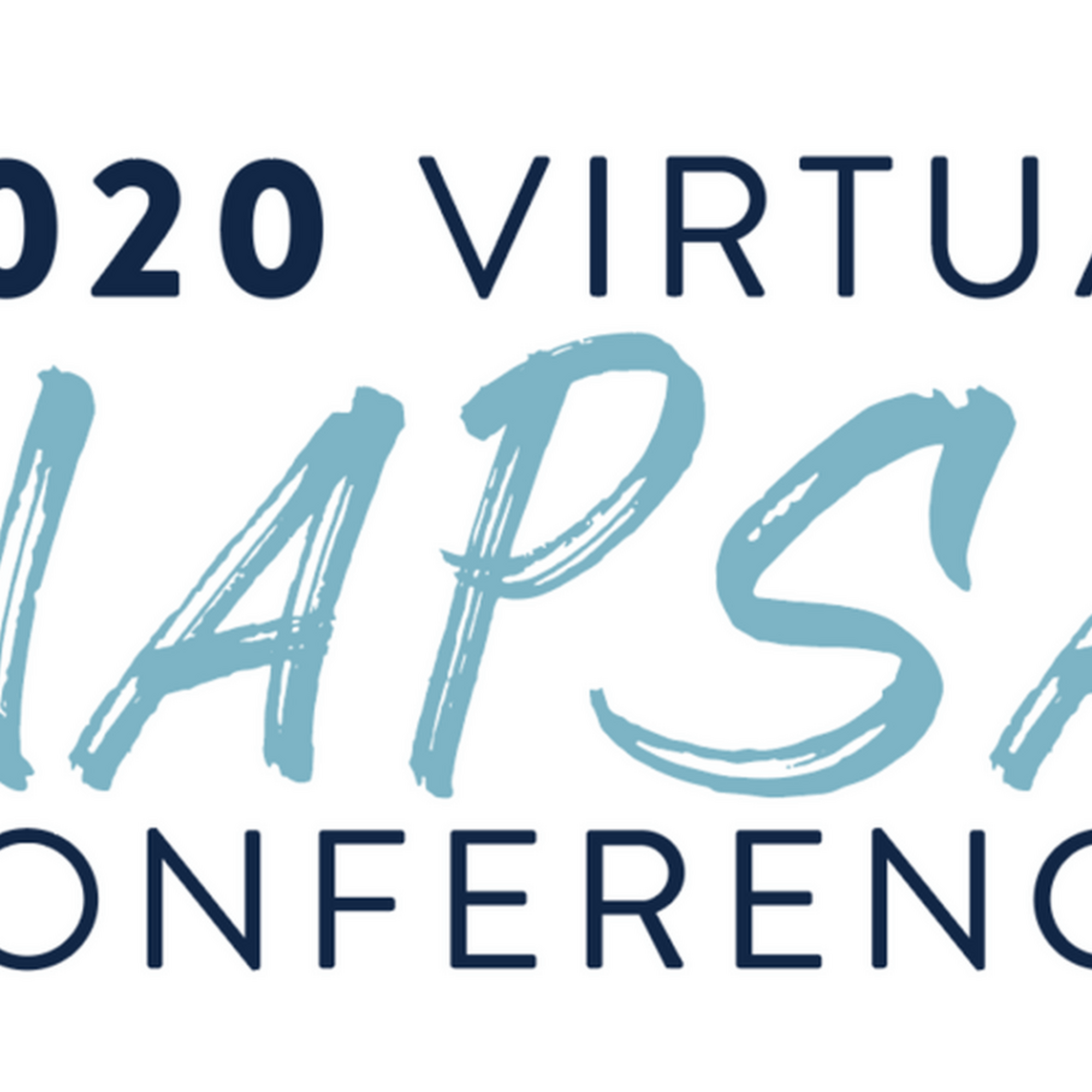Join APPR at NAPSA’s September 2020 Virtual Conference
APPR is featured in several workshops at the National Association of Pretrial Services Agencies’ (NAPSA) 2020 virtual conference. NAPSA will live-stream the event over several days from September 15 to September 24. Learn more about this year’s conference.
APPR will host four workshops, including two with our racial equity partners from Everyday Democracy and the W. Haywood Burns Institute. APPR will also host a “discussion room” on September 17 from 2:00 pm—2:30 pm to provide an opportunity for people to learn more about APPR and the materials and resources it offers to the pretrial field.
Register now for your spot at NAPSA 2020 and join us at the workshops described below.
A Pretrial Policy Framework to Achieve Justice and Equity
Tuesday, September 15
2:30 pm—3:30 pm EST
Achieving fair and effective pretrial justice requires more than the implementation of a single tool or policy. For those seeking to make pretrial improvements, there are opportunities throughout the system to implement new policies and practices that can contribute to enhanced pretrial outcomes. Presenters will review and discuss elements of the APPR Policy Framework, a series of policies designed to achieve sustainable, equitable, and effective pretrial system change.
Presenters
Mimi Carter, Principal, Center for Effective Public Policy and Co-Director, Advancing Pretrial Policy and Research
Alison Shames, Senior Associate, Center for Effective Public Policy and Co-Director, Advancing Pretrial Policy and Research
Tanya Anderson, Senior Manager, Center for Effective Public Policy
Responsible Use of the PSA: Using a Release Conditions Matrix
Tuesday, September 15
4:00 pm—5:00 pm EST
Every jurisdiction that uses the Public Safety Assessment (PSA) should create and use a Release Conditions Matrix. The Release Conditions Matrix is an instrument that local policymakers develop to help match pretrial release conditions with a person’s scores on the PSA. The matrix is designed to help judicial officers use PSA scores to make decisions that are based on the assessed likelihood of pretrial success or failure, are consistent with the risk principle, align with statutes and local policies, and take into account available resources.
This workshop will explain the importance of the matrix and the suggested steps a jurisdiction should take to create its localized matrix. Presenters will also share examples of matrices from several jurisdictions and reveal the “dos” and “don’ts” of developing and using a Release Conditions Matrix.
Presenters
Alison Shames, Senior Associate, Center for Effective Public Policy and Co-Director, Advancing Pretrial Policy and Research
Tanya Anderson, Senior Manager, Center for Effective Public Policy,
Mike Jones, President, Pinnacle Justice Consulting and a consultant to APPR
APPR Networking Session
Thursday, September 17
2:00 pm—2:30 pm
APPR will sponsor a “discussion room” during the breakout Networking Session to provide an opportunity for people to learn about APPR and the materials and resources available to the pretrial field.
Racial Equity: Where to Begin?
Thursday, September 24
2:30 pm—3:30 pm EST
The national dialogue around structural racism and its implications for criminal justice reform suggest that now, more than ever, it’s critical to convene conversations about issues of racism and disparities. However, many justice system stakeholders may not know how to broach these discussions, or how to ensure that they are meaningful and lead to actionable steps.
APPR’s partners at Everyday Democracy offer this workshop to help you:
- engage with the issue of ‘race’ as a social determinant
- examine how structural racism can be manifested in the pretrial system
- explore approaches for entering into conversations about race and structural racism.
Presenters
Carolyne Abdullah, Senior Director, Strengthening Democratic Capacity, Everyday Democracy
Deloris Vaughn, Senior Director, Evaluation and Learning, Everyday Democracy
Using Data to Reduce Racial & Ethnic Disparities within a Structural Well Being Framework
Thursday, September 24
4:00 pm—5:00 pm EST
Data collection and analysis is a useful tool for understanding and problem solving across the criminal justice sector. Its use has resulted in substantial improvements in policy across the nation over the last decade. Although there are pockets of progress in changing policies and practices, racial injustice persists for Black, Indigenous, and People of Color (BlPOC). BIPOC continue to be arrested, detained pretrial, charged, sentenced, and incarcerated at higher rates than their white peers. BIPOC experience worse outcomes across all sectors, from education to health to the economy.
APPR partner the W. Haywood Burns Institute (BI) will share BI’s process for using data to reduce racial and ethnic disparities within the context of investing in community capacity building and understanding the concept of structural well-being. They’ll share a straightforward process of identifying disparities, digging deeper, and changing policy based on the data (including sample data) but situate the use of data within a broader context.
Presenters
Anna Wong, Senior Policy Associate, W. Haywood Burns Institute
Clarence Ford, Policy Research Associate, W. Haywood Burns Institute

